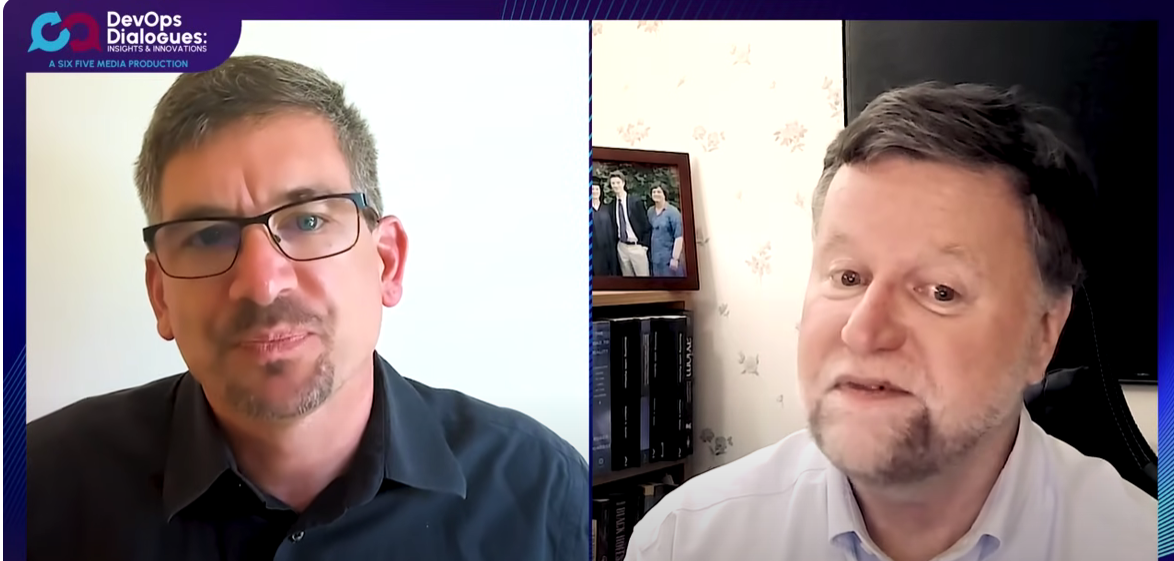Quantum’s Profound Implications for the Future of Software Development

While quantum computing is still years away from practical applications, the software development world needs to prepare now for its profound implications, according to Bob Sutor, VP and Practice Lead at Futurum Group. In an interview this month, Sutor explained why quantum coding represents “a completely different way of thinking” that the DevOps and AppDev communities must start exploring.
“Quantum is not easy,” he began. “Don’t let anyone convince you ‘quantum made easy,’ ‘quantum in five minutes’ — no, no, no,” Sutor cautioned. “Over these next few years if you’re going to get into it, you’ve got to get into it. You have to start thinking in a quantum frame of mind — it’s nothing you’ve ever seen before unless you happen to have done a whole lot of physics in your life.”
The primary quantum coding languages today are Python-based SDKs like IBM’s Qiskit and Google’s Cirq. However, Sutor noted these are low-level, assembly-like languages.
“Fundamentally, they’re both Python libraries. That gets you thinking as a coder, as a DevOps — all right, Python’s a good direction, what’s your tool chain there?” he said.
Moreover, the tooling itself is rapidly evolving, with IBM starting to replace Python components with Rust under-the-covers for more efficient quantum app development.
“You’re seeing DevOps, if you will, being applied to the tools themselves in quantum, which is an excellent sign that the industry is maturing,” said Sutor.
A key driver for mastering quantum development is the intersection with AI.
“We will use AI to make quantum computing better and more powerful sooner, so we can apply it to AI,” Sutor explained, predicting quantum will eventually supercharge AI capabilities like linear algebra math underlying models.
“If quantum can be — if you will — a super math calculator for AI problems, that would be great. Maybe it can help us find patterns that are just not possible classically,” Sutor said. “It’s the same math that’s used in computational fluid dynamics…here I’m thinking about all the GPT AI, and over there I’m talking about air flowing over an airplane’s wings.”
While pragmatic quantum AI applications are still years away, Sutor stresses developers need to start experimenting now with this alien coding paradigm.
“It’s going to be a little lumpy for a while, but the possibilities are extraordinary. We’ll figure it out, we’ll figure it out together,” he said.
Steps like applying DevOps principles to quantum toolchains and leveraging AI to enhance noisy interim quantum systems represent critical preparatory stages. As Sutor stated: “We’ve never had this power between quantum and AI, we’ve never had such brand-new innovative things, tools like we’ve never had before.”
The DevOps and AppDev communities face immense challenges, but also opportunities, in preparing for the coming quantum revolution. Sutor’s insights make it clear the time to start that journey is now.
Featured image: Credit: The Futurum Group
